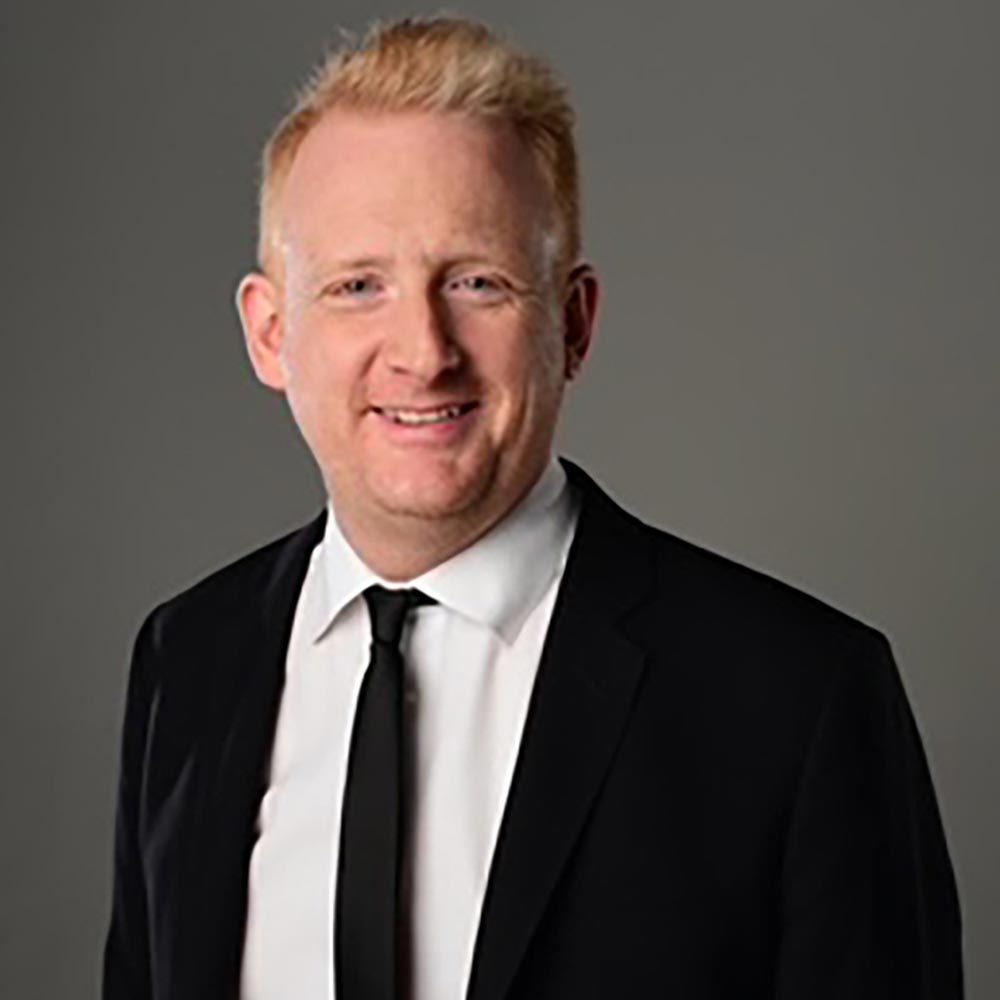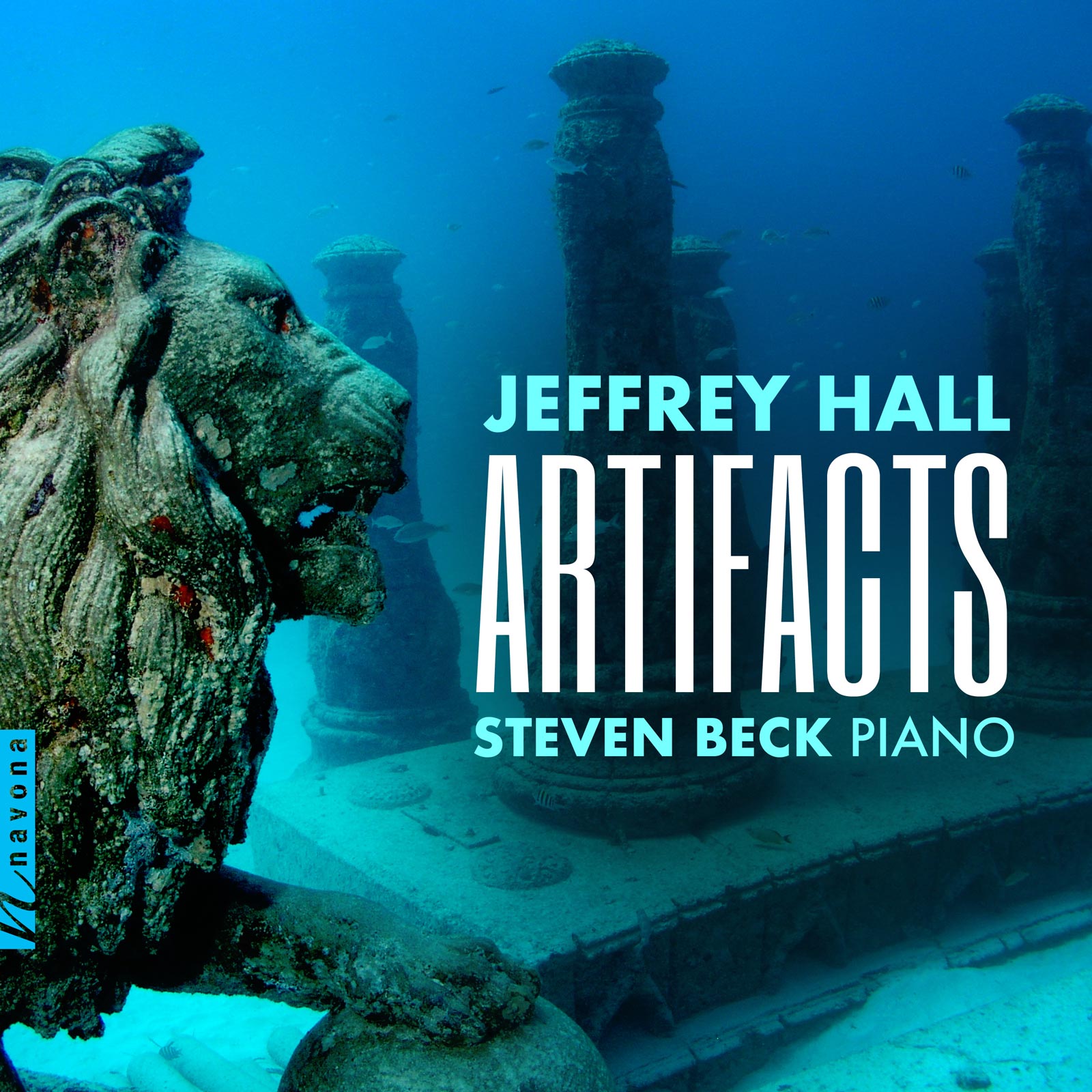Artifacts
Jeffrey Hall composer
Steven Beck piano
Jeffrey John Hall resists conventionality, both in his compositions as well as in their titles. Hence the album consisting of his Seven Piano Pieces isn’t called a suite or a cycle, but simply ARTIFACTS. Immaculately performed by pianist Steven Beck, these profoundly cerebral works, written between 1976 and late 2019, mesmerize with a sober exploration of contemporary compositional techniques and the expressive potential of the piano. Often minimal, always highly subjective, Hall’s works embrace a flawless balance of communicative functionality and aesthetics, perfectly encapsulating their respective pocket of time, in quite the same manner as an archeological artifact, indeed.
Listen
Stream/Buy
Choose your platform
Track Listing & Credits
| # | Title | Composer | Performer | |
|---|---|---|---|---|
| 01 | Artifact I | Jeffrey Hall | Steven Beck, piano | 9:26 |
| 02 | Artifact II | Jeffrey Hall | Steven Beck, piano | 19:00 |
| 03 | Artifact III | Jeffrey Hall | Steven Beck, piano | 13:39 |
| 04 | Artifact IV | Jeffrey Hall | Steven Beck, piano | 9:28 |
| 05 | Artifact V | Jeffrey Hall | Steven Beck, piano | 8:29 |
| 06 | Artifact VI | Jeffrey Hall | Steven Beck, piano | 9:08 |
| 07 | Fall Spell | Jeffrey Hall | Steven Beck, piano | 10:11 |
Recorded April 14th-15th, 2022, at Oktaven Studios in Mount Vernon NY
Recording Session Producer and Engineer Ryan Streber
Mastering Melanie Montgomery
Cover photo Matthew Hoelscher
Executive Producer Bob Lord
A&R Director Brandon MacNeil
VP of Production Jan Košulič
Audio Director Lucas Paquette
VP, Design & Marketing Brett Picknell
Art Director Ryan Harrison
Design Edward A. Fleming
Publicity Brett Iannucci
Artist Information

Jeffrey Hall
Jeffrey John Hall, a composer residing in Tucson AZ, was born in Milwaukee WI on May 22, 1941. His education includes both M.A. and D.M.A. degrees from Columbia University. He has written works for computer sound, voice, chamber ensembles, piano, and chamber orchestra.

Steven Beck
In the 2019–2020 season, pianist Steven Beck performed Saint-Saëns’s Carnival of the Animals with the New York Philharmonic, and Beethoven’s Triple Concerto with the Princeton Symphony Orchestra. He also reprised his annual Christmas Eve performance of J.S. Bach’s Goldberg Variations at Bargemusic, the Brooklyn-based venue that has become a New York institution. Beck is an experienced performer of new music. He has worked with composers including Carter, Boulez, Dutilleux, Charles Wuorinen, George Crumb, Perle, and Fred Lerdahl, and performed with ensembles such as Speculum Musicae and the New York New Music Ensemble. Beck is a member of The Knights, Talea Ensemble, and Da Capo Chamber Players. He is also a member of Quattro Mani, a piano duo specializing in contemporary music. He has appeared as an orchestral keyboard player with the New York Philharmonic, New York City Ballet Orchestra, Orpheus Chamber Orchestra, Mariinsky Orchestra, and many others. Beck’s discography includes Lieberson’s Piano Concerto No. 3 (for Bridge Records) and Carter’s Double Concerto (Albany Records). He is a Steinway Artist.
Notes
In resorting to the use of the term “Artifact,” I needed to find a concept that would fit into my notion of what I do in my compositions. In addition to wanting to avoid recurring to time-honored, albeit somewhat shop-worn names like “Suite” or “sonata,” I fell upon the idea that in my acquaintance with the science of Archaeology, so many of the found utilitarian objects had been fashioned by our forebears into what we call works of art. From painted pottery, bronze lamps and weapons, along with exquisitely knapped blades out of richly colored stone, the useful and esthetic were inseparably conjoined. So, whatever I might compose, useful or not, could, in the long term, be considered an artifact.
—Jeffrey Hall

